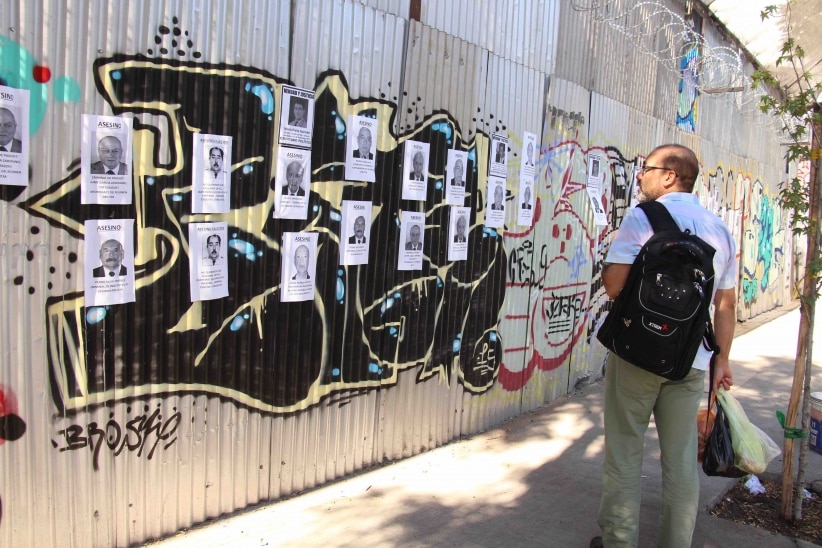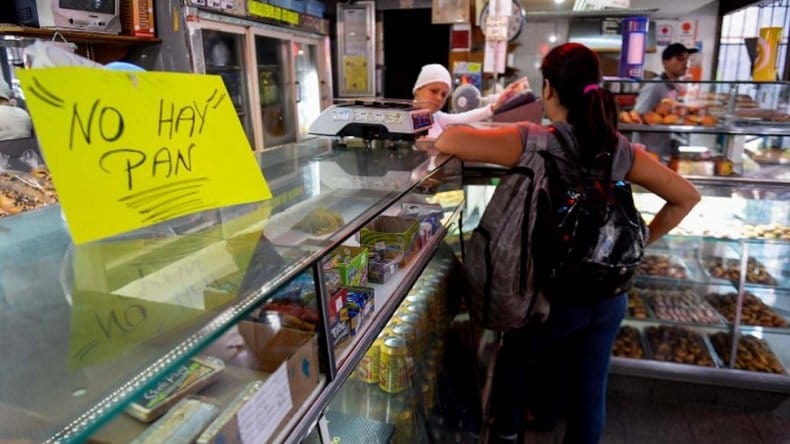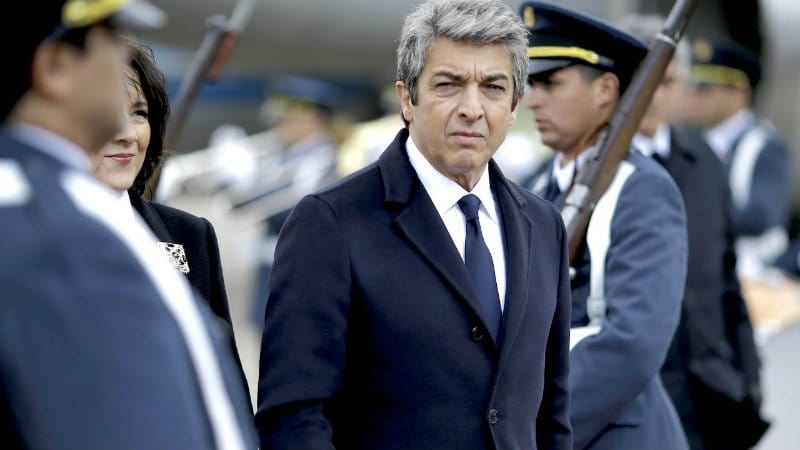
By Maeve Allsup / Special to the Santiago Times
SANTIAGO – Violent clashes broke out in downtown Santiago on Sunday in anticipation of the 44th anniversary of the 1973 military coup that brought Augusto Pinochet to power.
Police used water cannon and fired tear gas at demonstrators who responded by throwing rocks, bottles and other projectiles.
The protesters destroyed cars on Avenida Ricoleta and marched with signs demanding justice for those who disappeared in the days and months following the coup.
The anniversary marks the moment the military dictator seized control of the South American nation, ushering in 17 years of military rule.
According to official government figures, more than 3000 people died or disappeared while Pinochet was in power. Another 30,000 are estimated to have been tortured.
Today, in addition to protesting the decades-old deaths and disappearances, Chilean youth are demanding changes to systems inherited from Pinochet’s dictatorship. Although many protesting today were not alive during the coup, they are dissatisfied with the impact it continues to have on Chilean society.
The remnants of the regime that can still be seen in today’s education and pension systems, and in the immense wealth inequality that persists in Chile are a large part of what will draw protestors to the streets of Santiago on Monday.
In November 2016, the Organization for Economic Cooperation and Development (OECD) reported that Chile had the highest levels of income inequality in the world. These disparities are especially prevalent in quality and cost of education. The system through which education is funded in Chile has contributed to extreme differences in quality of schooling between high and low income communities. Steep university costs have left nearly an entire generation in debt, while the low quality of secondary education for lower classes frequently means these Chileans are passed over for jobs that are given to foreigners.
Protests are common in the capital city. Students and environmental activists are some of the most frequent protesters, organizing to lower the cost of higher education and against the construction of power plants in Patagonia, respectively. However, despite the willingness of Chilean youth to take to the streets, many in Chile’s youngest generations consider themselves to be far removed from the coup itself.
In 2013 poll conducted by the Centro de Estudias de la Ninas found that more than 50% of Chilean youth between the ages of 11 and 17 years did not feel that the coup or the regime that followed was closely related to their lives. 60% said they had rarely or never discussed the coup with their parents.
Most parents of these younger generations were alive in 1970 when Chile became the first country in South America to democratically elect a Marxist president. Salvador Allende was a member of the Socialist Party, and after taking office began to nationalize the country’s industries, including the copper mining and banking industries, as well as the country’s healthcare and education systems.
After promising to improve the quality of life for Chile’s poorest citizens, Allende attempted to use the nationalization of these systems to create jobs. However, despite initial decreases in inflation and increases in Chilean wages, Chile’s economy began to decline, due in part to the negative response of countries, including the U.S., to Chile’s new socialist tendencies, and to a steep drop in world copper prices. Allende’s approval ratings dropped drastically. Common commodities such as rice and beans became scarce, and many Chileans took to the streets to express their displeasure in a form of public protest that is still popular among students and workers in the country today.
On September 11th, 1973, the Chilean military overthrew the Allende government in a coup that brought to power Augusto Pinochet, head of the military under Allende.
At the time the country was divided. Many Chileans supported Pinochet’s rise to power, hoping it would bring stability back to the economy. A study from the Santiago-based Centro de Estudios de la Realidad Contemporanea revealed that in 1989 when Pinochet stepped down from office, 22% of Chileans polled viewed him positively. However, in 2013, with over 40,000 victims of human rights abuses under his regime officially recognized, the same poll showed only 7% of respondents thought positively about his leadership.
The Pinochet regime officially ended in 1989, but most Chileans believe reconciliation is far from over. The same CERC study found that 76% of Chileans feel there is much work to be done in terms of reconciliation. While the protests have continued every year since the end of the dictatorship, the demands and motives behind them have slowly evolved. Chilean youth are looking for the government to at last reform systems that have persisted since long before they were born.



